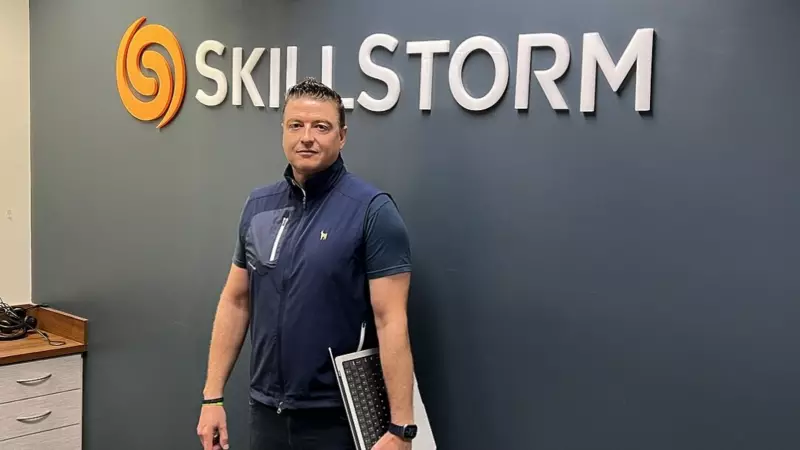
In a surprising departure from the typical tech industry stance, SkillStorm CEO Justin Vianello has publicly endorsed former President Donald Trump's proposed strict reforms to the H-1B visa program, claiming the changes would ultimately benefit American workers and strengthen the nation's technological capabilities.
Why a Tech CEO is Breaking Ranks
While most technology leaders have historically advocated for expanding the H-1B visa program, Vianello presents a contrarian perspective that's gaining attention. "The current system has been exploited to replace qualified American professionals with cheaper foreign labour," the CEO stated in a recent interview.
Vianello argues that Trump's proposed reforms would address fundamental flaws in the program that have persisted for decades. His position represents a significant shift in the ongoing debate about immigration and technology workforce development.
The Case for Reform
According to Vianello, the H-1B program needs substantial restructuring to achieve its original purpose. He emphasizes several key points:
- Protecting American jobs: The revised policy would prevent companies from using the program to displace US workers
- Merit-based selection: Reforms would prioritize highly skilled specialists rather than entry-level positions
- Wage protection: Ensuring foreign workers receive prevailing wages to prevent undercutting American professionals
- Domestic investment: Encouraging companies to invest in training and developing local talent
Long-term Benefits for US Technology Sector
Vianello believes these changes would force American companies to rethink their talent strategies. "Instead of relying on imported labour, businesses would need to invest in developing homegrown talent through better training programs and competitive compensation," he explained.
The SkillStorm CEO contends that this shift would create a more sustainable technology ecosystem in the United States. "We need to build pipelines that identify and nurture American talent, particularly in underserved communities," Vianello added.
This perspective comes amid ongoing debates about the balance between global talent acquisition and domestic workforce development in the rapidly evolving technology landscape.





